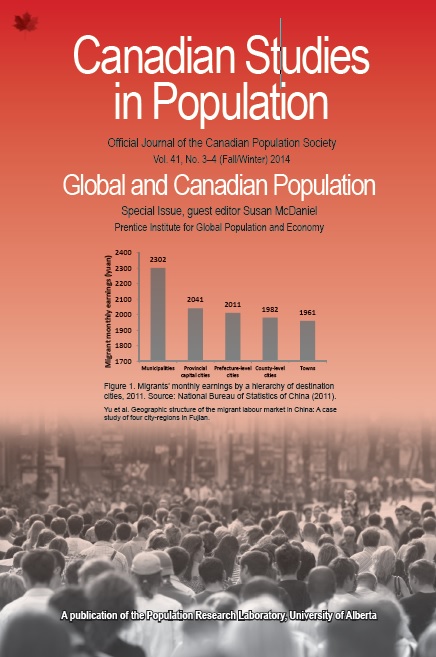Income inequality, status seeking, and savings rates in Canada
DOI:
https://doi.org/10.25336/P63W4DKeywords:
class identity, savings, income distribution, life cycle models of consumption and savingsAbstract
This paper uses Canadian provincial-level data and a variant of James uesenberry’s relative income hypothesis proposed by Frank et al. (2010) to examine the relationship between income inequality and savings rates. The theory predicts that increased expenditure of top income earners leads those just below them in the income scale to spend more as well, then the next group also spends more, and so on. This phenomenon is due to people’s status seeking behaviour. Hence, increased income inequality will trigger increases in consumption by individuals in all income groups, which in turn leads to declining personal savings rates. The empirical analysis based on this theory led to some interesting findings. First, at the national level, increased income inequality has a significant negative effect on personal savings rates. At the provincial level, the relationship also emerges in eight of ten provinces. Second, both the national and provincial results imply that growth in per capita income that worsens income inequality impacts negatively on personal savings rates. I interpret the results as evidence that social factors such as status-seeking generate consumption interdependence and are significant determinants of consumption and savings decisions of Canadians.
Downloads
Published
Issue
Section
License
Copyright (c) 2019 Alexander Bilson Darku

This work is licensed under a Creative Commons Attribution 4.0 International License.
The following copyright statement applies to content published in Volumes 1 - 45 of Canadian Studies in Population.
Authors retain copyright and grant the journal right of first publication with the work simultaneously licensed under a Creative Commons Attribution License that allows others to share the work with an acknowledgement of the work's authorship and initial publication in this journal.
Authors are able to enter into separate, additional contractual arrangements for the non-exclusive distribution of the journal's published version of the work (e.g., post it to an institutional repository or publish it in a book), with an acknowledgement of its initial publication in this journal.
Authors are permitted and encouraged to post their work online (e.g., in institutional repositories or on their website) prior to and during the submission process, as it can lead to productive exchanges, as well as earlier and greater citation of published work (See The Effect of Open Access).



